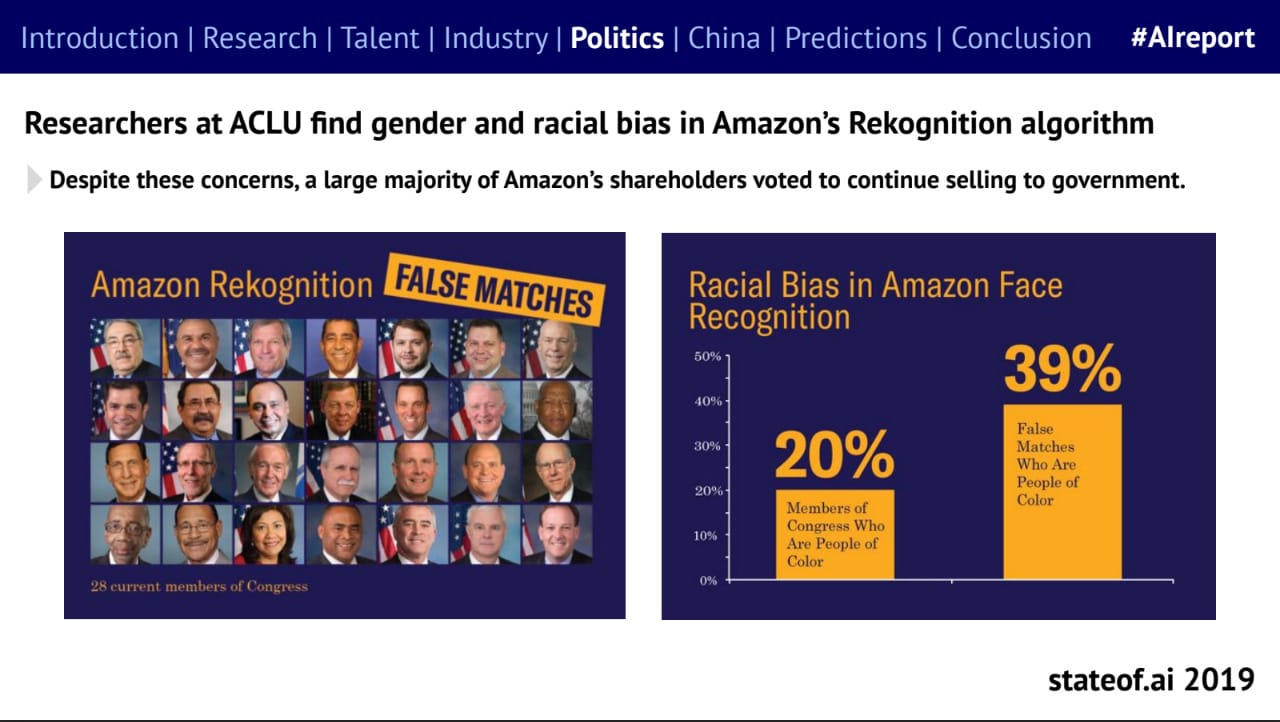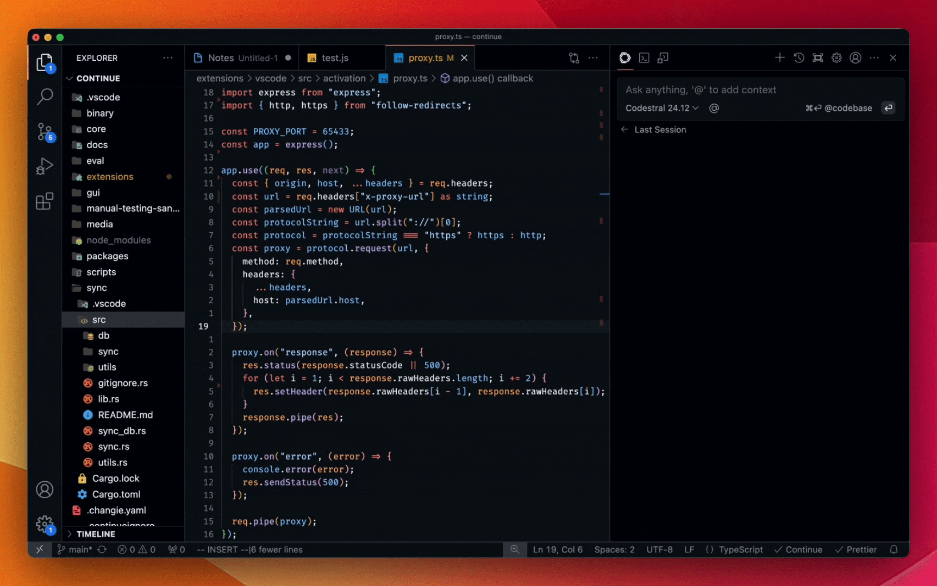Five years ago, in 2018, Nathan Benaich and Ian Hogarth started co-producing The State of AI, a yearly report covering unmissable developments in several AI-related topics. In 2023, the report was co-produced by Benaich and Air Street Capital after Hogarth went on to lead the UK Government's AI Safety Taskforce. To commemorate The State of AI's fifth anniversary, the producers have painstakingly gone over the 934 slides comprising the five reports to revisit some of the most impactful headlines and assess the accuracy of the reports' predictions.
It may come as a surprise that The State of AI has already reached a point where it can start looking back into the past, but this just goes to show everyone just how fast-paced and perplexing the development of AI, and especially generative AI has been. Going back to review some of the most notable predictions put forward on the report also proves to be an insightful and productive exercise that reveals just how well the producers' confidence in the future of AI has matched up with the realm of what has ultimately become possible. Furthermore, recapping on five years' worth of material reveals some interesting patterns that accurately reflect the current state of the discussion, such as the fact that The State of AI Report did not feature a dedicated safety section until 2022.
There are other aspects to this exercise which may not be as insightful or novel, but they are still noteworthy as a confirmation of what we are just beginning to figure out: the fact that transformers would go on to become the dominant architecture for LLMs and diffusion-based image and video generation models, or that self-driving cars would emerge as one of the most appealing application for planning and decision-making models. Still, The State of The State of AI excels at becoming a starting point for anyone trying to deep their feet in the currents of AI, either for the first time or because they are just catching up. Even better, the metareport serves as an accessible permanent record of the impressive developments of the past that will serve as building blocks for the future.





Comments